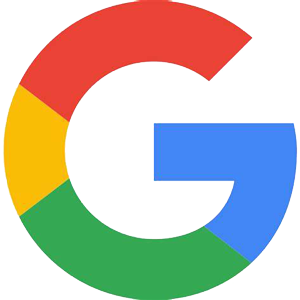Have you ever wondered how Google identifies websites with plagiarised content, and what it means for your site to lack unique copy? Plagiarism-free web content is not just a good practice; it’s essential for maintaining a positive online presence.
Here are our expert insights about the importance of original content, how Google detects duplicate content, and the far-reaching consequences of having unoriginal material on your website.
How Google Detects Duplicate Content
Google employs sophisticated algorithms to detect duplicate content across the web. When it encounters identical or very similar content on different websites, it can devalue those pages in search results. This devaluation occurs because Google strives to provide users with diverse and relevant information.
When your website features content that’s copied from elsewhere, Google identifies it through:
Text Matching Algorithms
Google uses text-matching algorithms to compare the content of web pages. When it finds a page that closely resembles existing content, it may lower the ranking of the newer or less authoritative page. This means that even if your content is legitimate but too similar to other sources, it could still suffer in terms of SEO performance and visibility.
User-Generated Content
User-generated content, such as forum posts or comments, can sometimes be duplicated across different websites. Google’s algorithms aim to identify and devalue this kind of repetition, ensuring that only the most relevant and authoritative sources appear in search results.
Canonical Tags
Website owners can use canonical tags to indicate the preferred version of a page when multiple pages feature similar content. Google takes these tags into account when determining which page to rank highest in search results, further emphasizing the importance of originality.
The Impact on Local Visibility and SEO Performance
Duplicate content can have a profound impact on your local visibility and overall SEO performance as it leads to;
Lower Search Engine Rankings
When Google detects duplicate content, it may lower the ranking of affected pages. This can significantly reduce your website’s visibility, making it less likely for users to discover your site when searching for relevant keywords.
Decreased Organic Traffic
Lower rankings due to duplicate content can result in decreased organic traffic. Fewer users will find your website, reducing your chances of converting visitors into customers, particularly at the local level.
Negative User Experience
Duplicate content can lead to a poor user experience. Users who encounter the same information on multiple websites may become frustrated and leave, increasing your bounce rate, which can negatively affect your SEO performance.
Read more about The Importance of Plagiarism-Free Content for Your Website
The Worst-Case Scenarios
In the worst-case scenarios, when Google crawls your web page and finds unoriginal content, the consequences can be severe:
Penalties and Deindexing
Google may impose penalties on websites with extensive plagiarism or unoriginal content. In severe cases, your site may even be deindexed, meaning it won’t appear in Google’s search results at all.
Legal Ramifications
Plagiarism can have legal consequences if you’re found using copyrighted material without permission. This can result in costly legal battles and fines, not to mention damage to your brand’s reputation.
Diminished Credibility and Trust
Websites with unoriginal content lose credibility and trust with both users and search engines. This can be challenging to regain, even after addressing the issue and improving your content quality.
The Standard for Good Copywriting
To ensure your content is plagiarism-free and meets the standard for good copywriting, consider these factors:
Aim for 100% Uniqueness
While it’s challenging to be unique in every aspect of your content, strive for 100% uniqueness in your core ideas and messages. Avoid direct copying and extensively paraphrase when using external sources.
Proper Attribution and Citations
When using information or quotes from other sources, always provide proper attribution and citations. This not only avoids plagiarism but also enhances your credibility.
Regular Content Audits
Periodically audit your content to check for unintentional duplications or overlaps. This proactive approach can help you identify and rectify potential issues before they harm your SEO and local visibility.
Maintaining plagiarism-free web content is paramount for your website’s local visibility, SEO performance, and overall success. Google’s algorithms are stringent in detecting duplicate content, and the consequences of not adhering to the standards for good copywriting can be severe, ranging from decreased rankings and traffic to legal troubles and damage to your reputation.
Ensure that your web content is unique, properly attributed, and regularly audited to secure a strong online presence.




